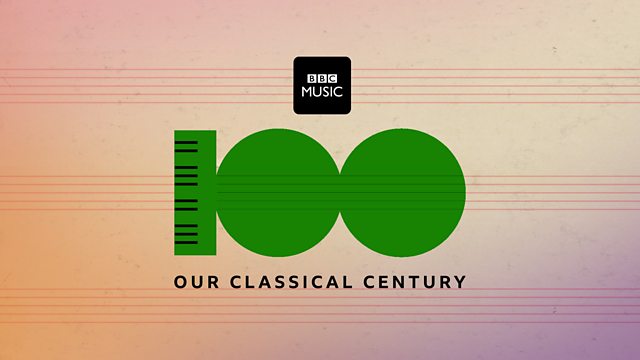
Henryk Górecki: Symphony No 3
The record-breaking symphony that sets three texts about loss and grief.
At 6am on Monday 7 September 1992, Handel’s Zadok the Priest announced the arrival of a new radio station. It was a suitably confident opener for Classic FM, which, in the words of one of its founders, was designed to challenge the ‘"white tie and tails" image of ������̳ Radio 3. Instead, the new station would play popular classical music that people would recognise, maybe from TV adverts or film scores.
But later in that opening week, something very different was broadcast during Classic Verdict, a late night review show hosted by the broadcaster and writer Keith Shadwick. It was a symphony by an obscure Polish composer, written 16 years previously in 1976, and newly released on the Nonsuch label.
The music - Henryk Górecki's Third Symphony - was about as far away from the exuberance of Zadok as it’s possible to get: made up of three slow movements, setting three texts about loss and grief. The first is a folk-song sung by a mother who has lost her son in a war; the second is a text scrawled by a young girl on a concentration camp wall, telling her mother not to weep for her; the third is a lament by the Virgin Mary over the dead Christ.
After the broadcast, people began to phone and write in. They wanted to hear it again, and they wanted to know more about it.
Górecki was a product of the Polish contemporary music scene that thrived against the odds in the communist era. He admired Boulez, Stockhausen and Webern, and his music gained some attention in the European avant-garde scene. But in the mid-1970s, Górecki made a radical change of direction, throwing out the spiky avant-garde music in favour of a radical, pared-back simplicity. This, combined with a faith explicit in the music, earned his music - alongside that of Arvo Pärt, John Tavener and others - the epithet ‘holy minimalism’.
At the first performance of Gorecki’s Third Symphony in 1977, it is said that a prominent French musician (almost certainly Pierre Boulez) audibly swore under his breath as a major chord was repeated 21 times at the end. But the public disagreed with Boulez, and the London Sinfonietta's 1992 recording became the biggest selling contemporary classical record of all time.
What was it about these 55 minutes of slow, sad music that touched people so profoundly? Góreck was as surprised as anyone about the symphony's runaway success. "Perhaps people find something they need in this music,” he said "Somehow I hit the right note, something they were missing. Something, somewhere had been lost to them."
This is one of 100 significant musical moments explored by ������̳ Radio 3’s Essential Classics as part of Our Classical Century, a ������̳ season celebrating a momentous 100 years in music from 1918 to 2018. Visit bbc.co.uk/ourclassicalcentury to watch and listen to all programmes in the season.
This is an archive recording by the ������̳ National Orchestra of Wales with soloist Susan Bullock and conductor David Atherton.
Duration:
This clip is from
Featured in...
![]()
The music of Our Classical Century—Our Classical Century
100 recordings to celebrate 100 years of exciting, inspirational, rule-busting music.
More clips from Our Classical Century
-
![]()
Step outside your musical tribe
Duration: 02:49



